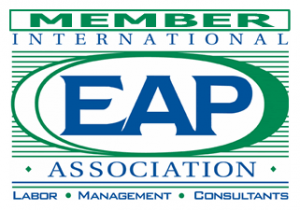What types of issues are suitable for Mediation?
Mediation is particularly useful in the following areas:
- Issues that the parties have the power to resolve; Specific complaints about behaviour;
- Conflict that has resulted in allegation and counter-allegation;
- A breakdown in working relationships
- Conflicts within teams
- Conflict between a manager and team members Conflicts withing the management team
- Disputes between internal and or external stakeholders
Confidentiality
Mediation is private, confidential and without prejudice, anything disclosed during the mediation is done so without prejudice and cannot be used in any future proceedings should the parties fail to reach agreement.
Mediation – how does it work?
Stage 1 -The Mediator will meet each party separately and establish what the issues are for them. The mediator will explore expectations clarify and address any concerns the party may have and explain how the mediation process works. If the parties are happy to proceed to the next stage of the mediation process a joint meeting then takes place.
Stage 2 – The Mediator then works with the parties to create an agenda for the meeting, drawing out concerns and issues by agreeing what can realistically be settled by listening to the background information from all sides.
Stage 3 – The Mediator will encourage the parties to take on one issue at a time and to generate a range of options. The Mediator will explore what the parties want and what they can do about the situation. The mediator helps the parties work through their differences, manage their conflict supporting them to solve their issues and chart a way forward.
Stage 4 – The Mediator will ensure that agreements that have been made about a way forward are workable and fully understood by all parties. If required the Mediator will prepare a written agreement and distribute it to the parties. If the parties require a third party to be aware of the outcome (e.g. a line manager) the Mediator will also ensure that a copy is sent to them. Any notes that were made during the sessions will be destroyed.
The right intervention
The right time
The right expert
Right cost to businesses and organisations
CORPORATE MENTAL HEALTH
Our Services

Employee Assistance Programme (EAP)
Our Employee Assistance Programme is a cost-effective, strategic workforce tool that enhances employee wellbeing and resilience, impacting positively on productivity, absence, engagement, performance, talent retention, risk management, and business continuity by supporting with those social determinants that can impact upon an individual’s health.
CORPORATE SOLUTIONS
Experts in Musculoskeletal and Mental Health Solutions
Physical Health
Our service combines the latest App based digital technology combined with a nationwide network of quality assured clinics.
Vita is an award-winning, CQC registered healthcare provider



















